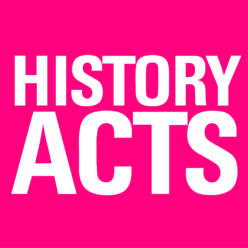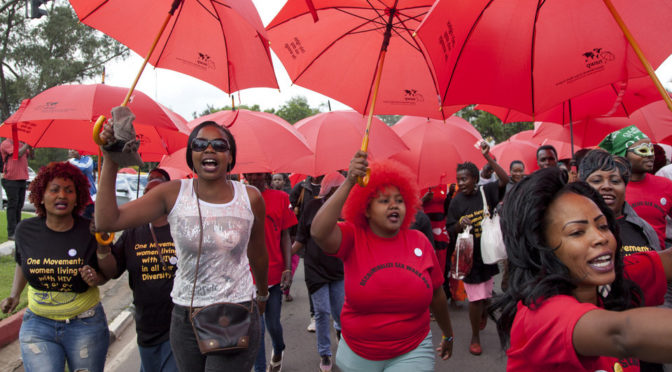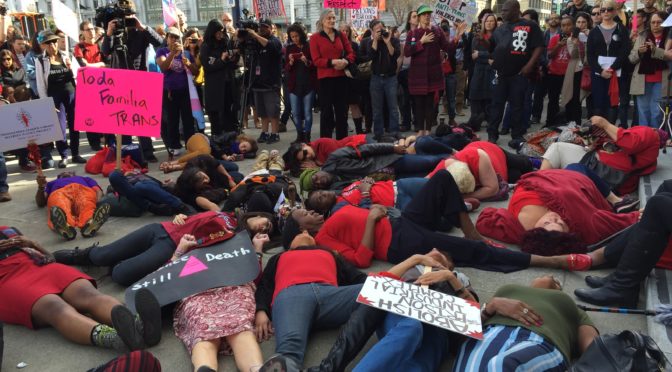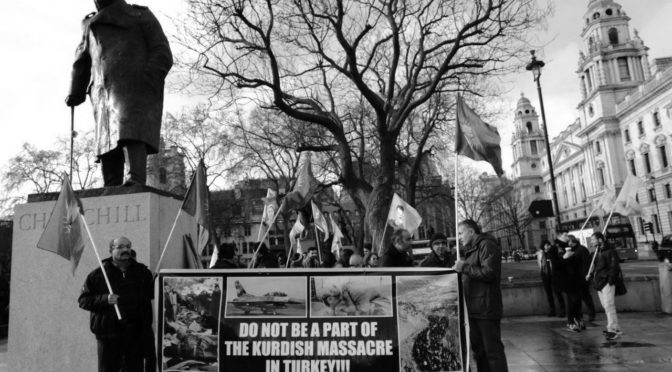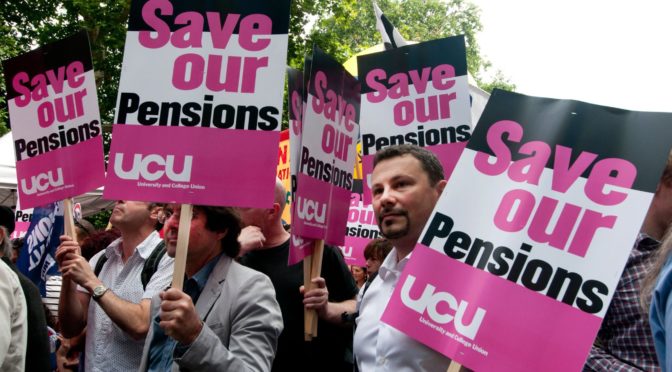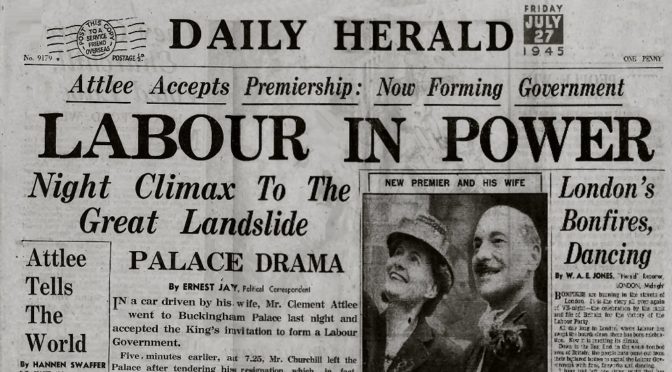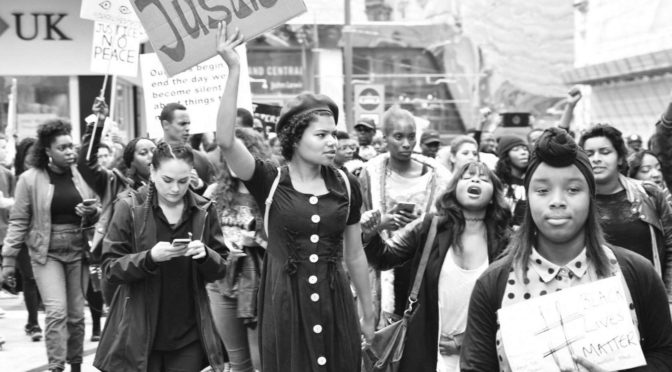An opportunity for historians with an interest in disability to engage with activists.
Tuesday 20 February
18:00 to 20:00,
CHANGE OF ROOM
Room 407, 30 Russell Square, Birkbeck, London WC1B 5DT
THIS ROOM IS FULLY ACCESSIBLE
History Acts workshops are led by activists, who give a short talk or presentation about their work. Historians working on a relevant topic will then respond, before opening it up to group discussion.
Our Panel
Disabled People Against Cuts (DPAC) is an organisation for disabled people and allies to campaign against the impact of government spending cuts on the lives of disabled people. DPAC was formed by a group of disabled people after the 3rd October 2010 mass protests against cuts in Birmingham, England. DPAC is for everyone who believes that disabled people should have full human rights and equality.
Eleanor Lisney is a founding member of Sisters of Frida, an experimental collective of disabled women. Taking their name from the disabled artist and activist Frida Kahlo, Sisters of Frida work to find new ways of sharing experiences, mutual support and relationships with different networks. Their vision is a future in which disabled women are empowered, celebrated, informed, connected, valued and at the centre of society.
Mike Oliver is Emeritus Professor of Disability Studies at the University of Greenwich and a campaigner for disabled people’s rights. His 1983 book, Social Work with Disabled People, is credited with introducing the ‘social model of disability’, and his work has been influential in the development of disability studies over the past three decades. Other publications include The Politics of Disablement (1990) and Understanding Disability: From Theory to Practice (1996).
Dr Esme Cleall is Lecturer in the History of the British Empire at the University of Sheffield. She researches and teaches on the social and cultural history of the British Empire; the politics of difference; and race and disability in nineteenth-century Britain. Her current research project, Colonising Disability: race, impairment and otherness in the British Empire, c. 1800-1914, explores the construction of disability in the nineteenth-century British Empire.
